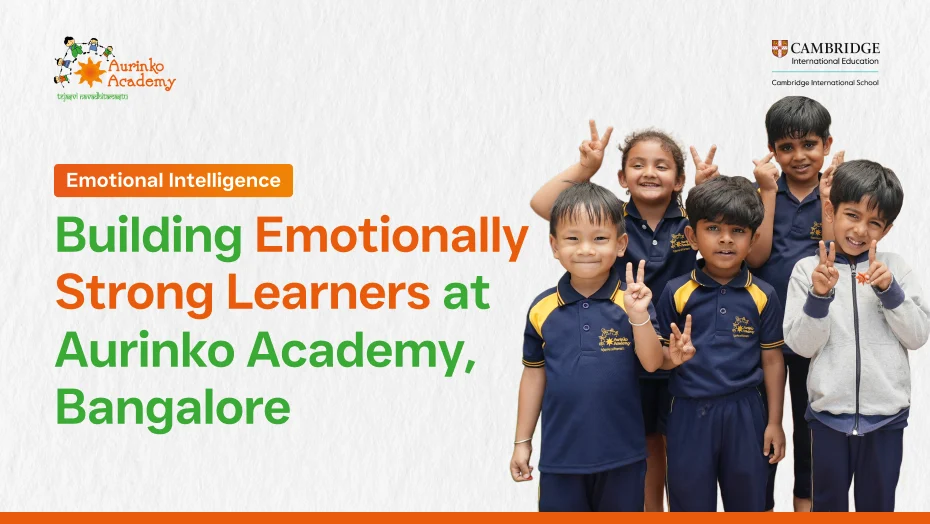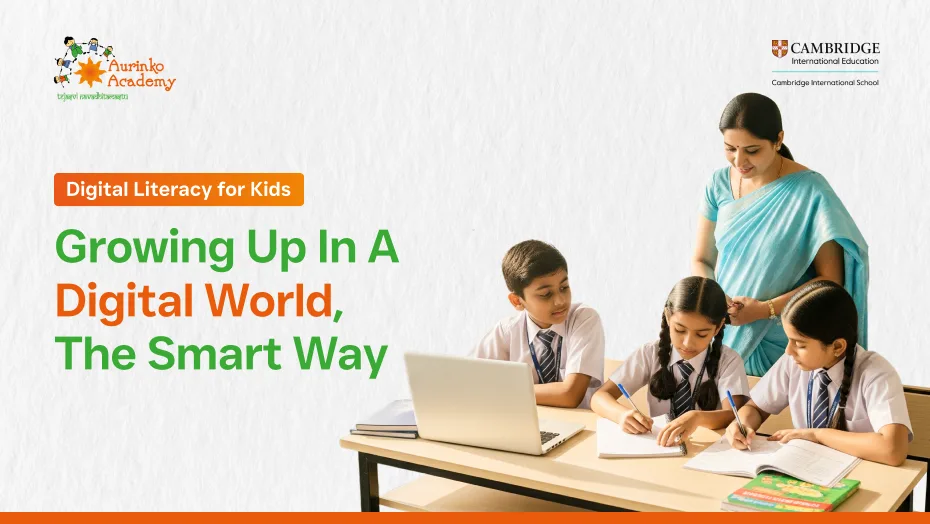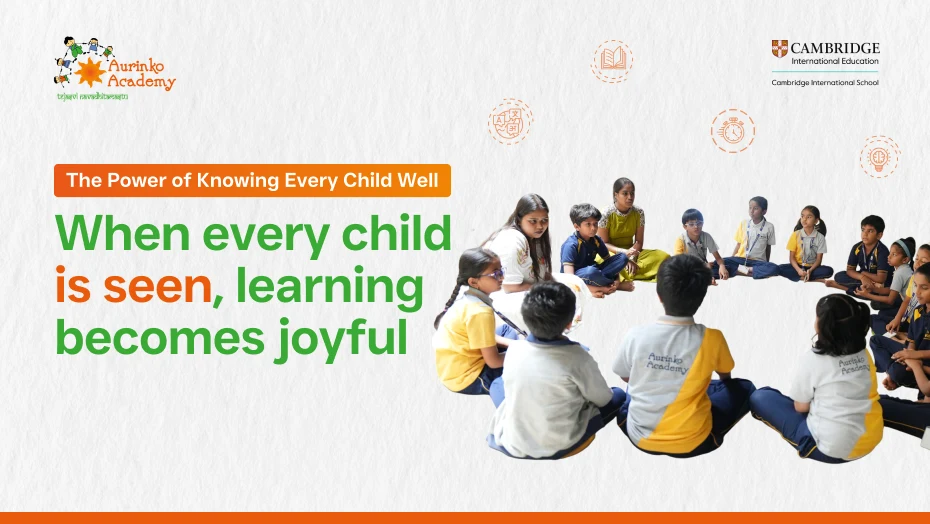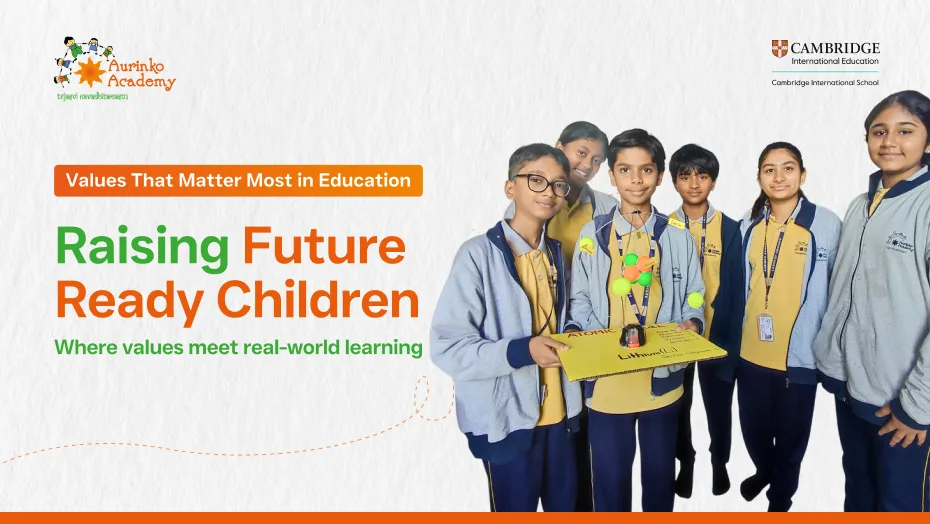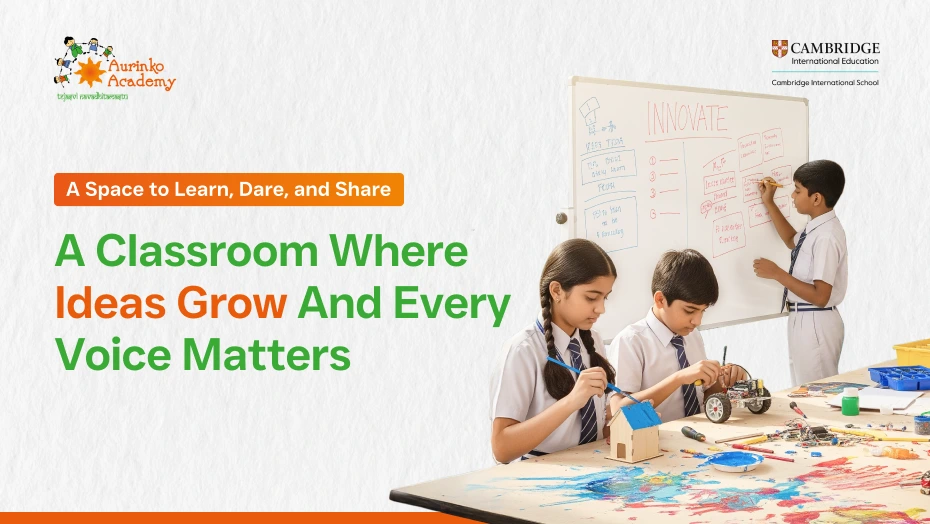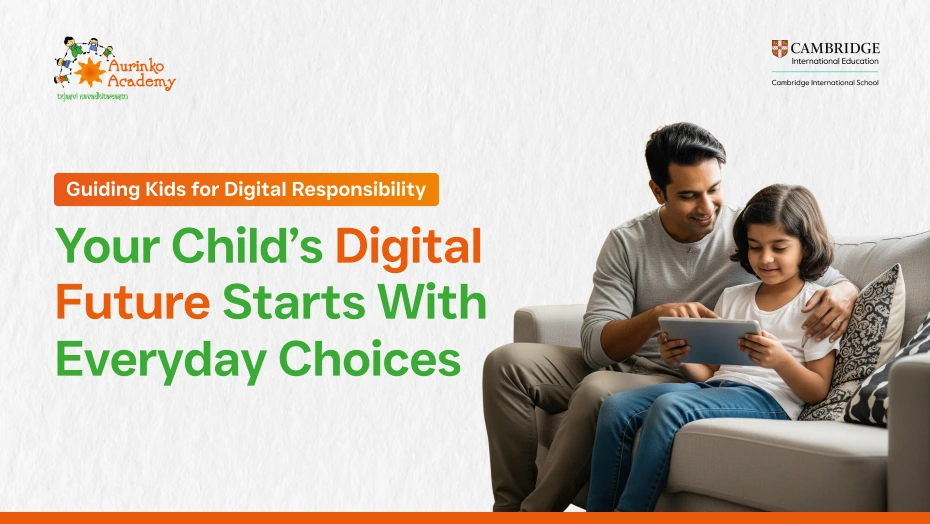As a parent, guiding your child through academic decisions can feel overwhelming, especially when choosing the right subjects for internationally recognized programs like the IGCSE. According to Tutela, there are more than 500 schools implementing Cambridge International Examinations all across India. Some of the best schools in the world offer the IGCSE curriculum, including institutions that consistently produce globally competitive students.
Your child’s IGCSE subject selection can influence their future professional path, personal development, and academic trajectory. Because of this, you must be aware of various subjects that are available when assisting them in making a decision. Depending on their interests and goals, students can pursue a variety of topics in addition to science, commerce, and the humanities.
The internationally recognized IGCSE course is a foundation for long-term academic and professional success rather than only a springboard to college. Exams are given at the end of each course, and the curriculum consists of both syllabus and assessment components. It’s important to think about the subjects that are best for your child before they start their adventure.
This guide breaks down how to navigate IGCSE subject selection, outlines the available subjects and offers key tips to help you and your child make confident, informed decisions.
Understanding the IGCSE Curriculum and Subjects

The IGCSE curriculum is designed to be both broad and balanced. Students typically study a variety of subjects to ensure they develop a wide knowledge base and essential academic skills. Most IGCSE subjects offer a choice between Core and Extended papers.
Today, students can choose from 38 IGCSE subjects in the updated suite, up from 22 previously. These subjects are divided into five key groups:
- Languages (English, French, Hindi, etc.)
- Humanities and Social Sciences (Geography, History, English Literature, etc.)
- Sciences (Biology, Physics, Chemistry)
- Mathematics (Mathematics, Additional Mathematics)
- Creative, Technical, and Vocational (Accounting, Business Studies, Computer Science, Music)
Students are encouraged to choose one subject from each group to ensure a balanced education. The Cambridge ICE (International Certificate of Education) is awarded to those who pass at least seven subjects, including two languages and one subject from each of the other groups.
Assessment methods vary based on the subject, combining written exams, practicals, coursework, oral assessments, and projects. A student who scores five or more grades of ‘C’ or higher is generally considered ready for higher secondary programs like CBSE Class 12, ISC, IB Diploma, or Advanced Placement.
As you explore the best IGCSE subjects for your child, remember that variety and balance can open more academic doors in the future. Candidates hoping for the prestigious Cambridge ICE Award must take at least seven subjects, including:
- Two different languages from Group I
- One subject from each of Groups II–V
- Additional subjects from any of the Groups II–V
Tips for IGCSE Subject Selection

Helping your child choose the right IGCSE subjects is about more than picking what sounds good. It’s about matching their strengths, passions, and future goals.
Here are some tips to guide the IGCSE subject selection process:
1. Consider Interests and Strengths
Encourage your child to pick subjects they genuinely enjoy. When students are passionate about a subject, they’re more likely to stay motivated and succeed. For example, if your child enjoys solving puzzles or coding, Computer Science could be an excellent choice. If they have strong language skills, Literature or a second language might suit them.
2. Think Long-Term: Career and Academic Goals
Different foundations are needed for different professional options. The IGCSE Physics, Chemistry, and Biology courses may benefit aspiring physicians. Future business owners might look into accounting, economics, or business studies. A more seamless academic journey can be achieved by selecting the best IGCSE subjects that correspond with future goals.
3. Understand the Subject’s Requirements
While some topics mainly rely on written tests, others require additional homework or practicals. Talk to your child about the workload and assessment procedures. Performance in other areas may suffer if a subject requires an excessive amount of time and concentration.
4. Recognize the Tiers and Levels
Both Core/Extended (Cambridge) and Foundation/Higher (Edexcel) versions are available for the subjects. Extended/Higher delves deeper, whereas Core/Foundation addresses fundamental ideas. Assessing your child’s readiness is crucial because the decision has an impact on grading options.
5. Let Your Child Try Before You Decide
If possible, let your child attend sample classes or workshops. This trial run can help them experience the content and teaching style before committing to it long-term.
6. Evaluate Subject Combinations
Some subjects complement each other well. For example, pairing Additional Mathematics with Physics strengthens analytical skills. Look for combinations that align with your child’s academic goals.
7. Seek Expert Advice
Consult with teachers or academic advisors who know your child’s abilities. At institutions like Aurinko Academy, mentors can offer personalized guidance based on your child’s learning style and aspirations.
Making the Right Choice for the Future
Many students continue to study for their A-Level or IB Diploma after completing their IGCSE courses. Selecting the appropriate topics at this point is crucial because of this. Students who have a solid IGCSE foundation develop study techniques, confidence, and subject knowledge that will serve them well in their future academic endeavors.
A few other considerations:
- The choice of subjects for the IGCSE should be flexible but strategic. Interests can change, and it’s acceptable to adapt if necessary.
- Encourage your youngster to talk freely about their learning goals rather than just what seems right on paper.
- Acknowledge the importance of creative or vocational disciplines as well as traditional academic ones. A well-rounded kid is more noticeable in the real world and college applications.
Finding the ideal balance between pragmatism and excitement is crucial for IGCSE subject selection. The goal is not to overwhelm your child but to provide them with a manageable challenge that will set them up for success.
Conclusion
Selecting the best IGCSE subjects for your children is not easy. Done right, it can shape your child’s future path. To help your child with decisions, consider their own preferences, what they wish to study, and their abilities, as well as the way the IGCSE curriculum is structured.
At Aurinko Academy, we focus on helping students do well by providing personalized learning and following international standards. If your child has an interest in science, art, or commerce, our skilled teachers and global curriculum can bring out their best.

